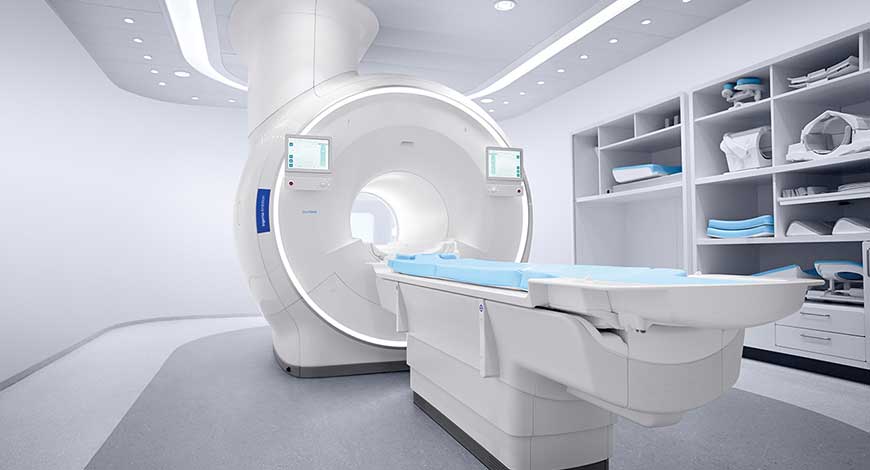Trends
Australia MRI systems market to reach USD 120M in 2033

The increasing prevalence of chronic and lifestyle-related illnesses in Australia has created a notable demand for advanced imaging technology, notably magnetic resonance imaging (MRI) systems. This growing requirement for diagnostic tools highlights the crucial role of comprehensive medical assessments before treatment, thus increasing the usage of diagnostic equipment. Against this backdrop, Australia’s MRI systems market is set to reach $120 million in 2033, forecasts GlobalData, a leading data and analytics company.
GlobalData’s latest report, “Magnetic Resonance Imaging (MRI) Systems Market Size by Segments, Share, Regulatory, Reimbursement, Installed Base and Forecast to 2033,” reveals that Australia’s MRI systems market accounted for around 4% of the Asia-Pacific market in 2023.
Nandini Nagpal, Medical Devices Analyst at GlobalData, comments: “The optimization of scan parameters and sequence protocols in MRI systems is necessary to achieve shorter scan times without compromising the diagnostic accuracy to cater to the specific clinical requirements of each imaging application. Shorter scan times are a critical factor, influencing both patient experience and diagnostic efficacy, enhancing patient comfort by minimizing the duration of the procedure, thus reducing anxiety and discomfort, particularly for individuals prone to claustrophobia.”
To make high-quality diagnostics imaging solutions and reduce data acquisition time, the researchers at Monash University in Australia have developed Multi-branch Cascaded Swin Transformers (McSTRA), a novel physics-based transformer model, for robust MRI reconstruction.
This innovation uses superior deep-learning technology to enhance MRI images and simultaneously aims to decrease the MRI scan time to only a few minutes, potentially increasing the accessibility of diagnostic services to more patients. With further validation, the researchers anticipate that manufacturers will integrate McSTRA into future MRI equipment for use in clinical settings.
Nagpal concludes: “The existing diagnostic imaging options are inadequate to address the increasing demands of patients. The advancement of innovative technologies in this field will aid in prompt diagnosis, monitor disease progression, and ultimately lead to improved patient outcomes.” GlobalData












